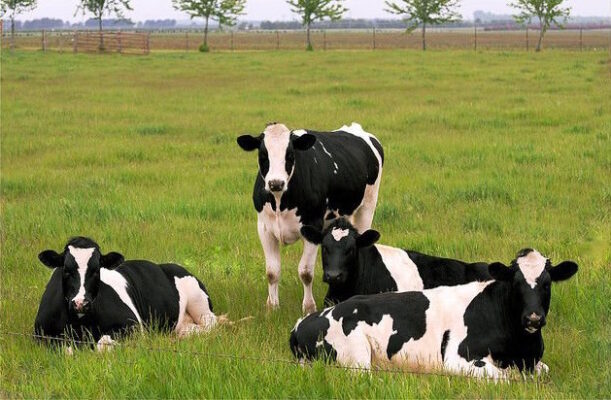As the world prepares to celebrate World Milk Day on June 1, Tetra Pak has unveiled its new Dairy Hub Handbook—a practical guide that outlines how the company is helping dairy farmers boost their livelihoods, improve food security, and support sustainable nutrition across developing economies.
The handbook introduces readers to Tetra Pak’s Dairy Hub model, a transformative initiative designed to connect smallholder farmers with dairy processors in their regions. Through targeted training, infrastructure development, and market access, these hubs have become essential tools in building resilient, inclusive dairy supply chains.
How the Dairy Hub Model Works
Tetra Pak’s Dairy Hubs are about more than just milk—they’re about people, partnerships, and progress. These hubs:
-
Train farmers in better farming and animal care practices
-
Establish milk collection points and cold chain infrastructure
-
Improve access to formal markets, helping farmers earn more
-
Reduce food loss, thanks to improved quality and consistency in milk supply
By strengthening the entire value chain, both farmers and processors benefit—creating a win-win scenario for communities and the industry alike.
“Access to adequate food is a human right,” said Lars Holmquist, Executive Vice President at Tetra Pak. “With nearly 10 billion people expected on the planet by 2050, and one billion livelihoods tied to the dairy industry, strengthening smallholder farming is essential to meet global nutrition needs.”
Since launching its first Dairy Hub in 2011, Tetra Pak has established 29 hubs around the world, supporting more than 84,500 smallholder farmers—many of whom were previously disconnected from formal markets.
Success Stories from the Field
-
Kenya: Working with the Githunguri Dairy Farmers Co-operative, Tetra Pak helped farmers increase milk production per cow by 17%, raise farm profitability by 26%, and nearly double the milk sold at the farm level. Another project with the KEMDAP hub resulted in a 65% increase in production, with one region seeing an impressive 85% jump.
-
Bangladesh: In partnership with PRAN Dairy, Sida, and UNIDO, Tetra Pak helped launch five Dairy Hubs involving over 12,800 farmers. Between 2021 and 2024, daily milk collection soared from 3,600 to 19,000 litres, leading to a 56% increase in average farmer income.
-
Colombia: Collaborating with processors Alival and Alpina, and with support from Sida and the FAO, Tetra Pak is helping smallholder farmers—51% of whom are from indigenous families and 42% women-led—raise their monthly income by 57%, from $242 to $379.
A Call for More Partners
Tatiana Liceti, Market Operations EVP at Tetra Pak, emphasized the broader impact of the initiative:
“Dairy plays a vital role in sustainable diets and economic development. By connecting small farmers to reliable markets, Dairy Hubs become engines of growth for communities and countries alike.”
As World Milk Day approaches, Tetra Pak is calling on governments, NGOs, and development agencies to join in expanding this successful model—ensuring more farmers gain access to resources, markets, and opportunity.


